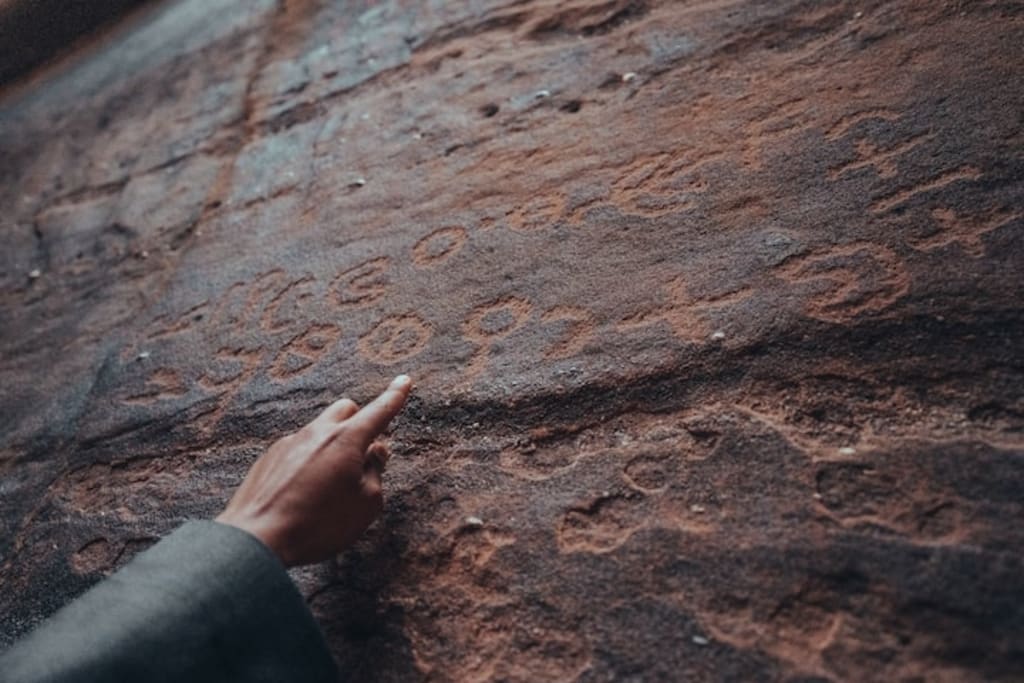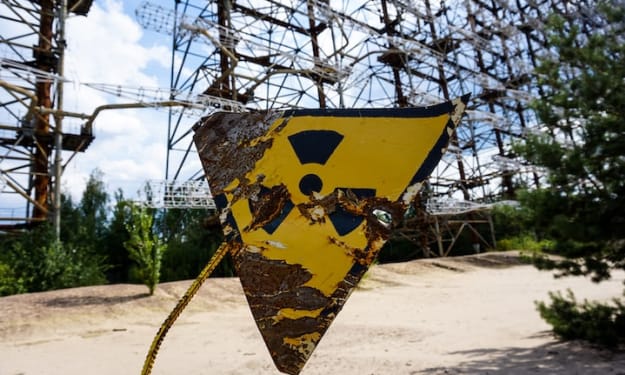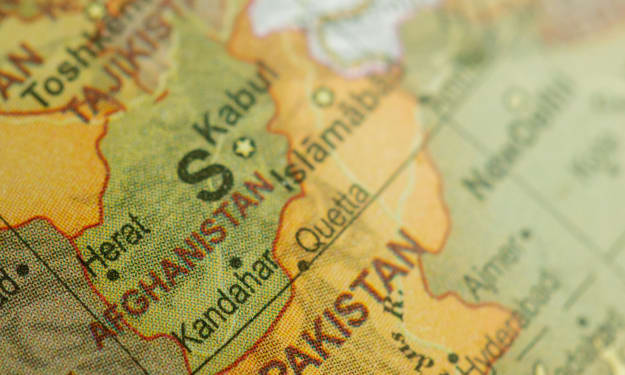Ancient Babylonian Civilization: Cradle of Human CivilizationThe**
Ancient Babylonian Civilization: Cradle of Human CivilizationThe**

**The Ancient Babylonian Civilization: Cradle of Human Civilization**
The ancient Babylonian civilization was one of the oldest and greatest civilizations in the world. It arose in Mesopotamia, the region that now comprises Iraq and Kuwait, around 2300 BC. The Babylonian civilization lasted for over two millennia, until its fall to Alexander the Great in 331 BC.
The ancient Babylonian civilization was renowned for its many great achievements, including:
* **Writing:** The Babylonians invented one of the earliest writing systems in the world, cuneiform. Cuneiform was used to write the Babylonian language, as well as many other languages in Mesopotamia.
* **Law:** The Babylonians developed the first written law code in the world, the Code of Hammurabi. The Code of Hammurabi was a collection of laws that regulated all aspects of life in ancient Babylonia, including trade, marriage, crimes, and punishments.
* **Mathematics:** The Babylonians developed a highly advanced mathematical system. They were the first to use a base-60 number system, which is still used today in measuring time and angles. The Babylonians also developed complex geometrical theories, including the Pythagorean theorem.
* **Astronomy:** The Babylonians were skilled astronomers. They were the first to discover that the Earth orbits the Sun, and that the planets orbit the Sun as well. The Babylonians also developed a very accurate calendar, which is still used in some cultures today.
* **Architecture:** The Babylonians built many magnificent buildings, temples, and palaces. The most famous Babylonian building is the Tower of Babel, which was considered one of the Seven Wonders of the Ancient World.
The ancient Babylonian civilization was a highly advanced and diverse civilization. The Babylonians left behind a rich legacy of knowledge and culture, which continues to influence the world today.
**Daily Life in Ancient Babylonia:**
Daily life in ancient Babylonia was very different from daily life in the modern world. Most people worked in agriculture or herding. There were also many artisans, merchants, priests, and government officials.
The family was the basic unit of Babylonian society. Most people were married and had children. Women were responsible for taking care of the home and children, while men were responsible for earning a living.
Education was important in ancient Babylonia. There were many schools that taught children to read, write, and do mathematics. Education was available to both boys and girls.
Religion was an important part of life in ancient Babylonia. The Babylonians worshipped many gods and goddesses, and each god or goddess had their own temple. Priests were responsible for managing the temples and making offerings to the gods.
The ancient Babylonian civilization was a rich and diverse civilization. The Babylonians left behind a rich legacy of knowledge and culture, which continues to influence the world today.
**The Fall of the Ancient Babylonian Civilization:**
The ancient Babylonian civilization fell to Alexander the Great in 331 BC. After Alexander's death, his empire was divided among his generals. Babylonia became part of the Seleucid Empire, which ruled the region for over a century.
In 141 BC, the Parthians conquered the Seleucid Empire. Babylonia became part of the Parthian Empire, which ruled the region until the Islamic conquest in the 7th century AD.
After the Islamic conquest, Babylonia gradually lost its importance. It eventually became an abandoned city, and all that remains today are ruins.
However, the legacy of the ancient Babylonian civilization lives on today. The Babylonian language is still studied in universities, and the Code of Hammurabi is still considered one of the most important laws in history. Many of the scientific and cultural ideas that originated in ancient Babylonia continue to influence the world today.
I hope this information is helpful.Start writing...





Comments (1)
Brillant!